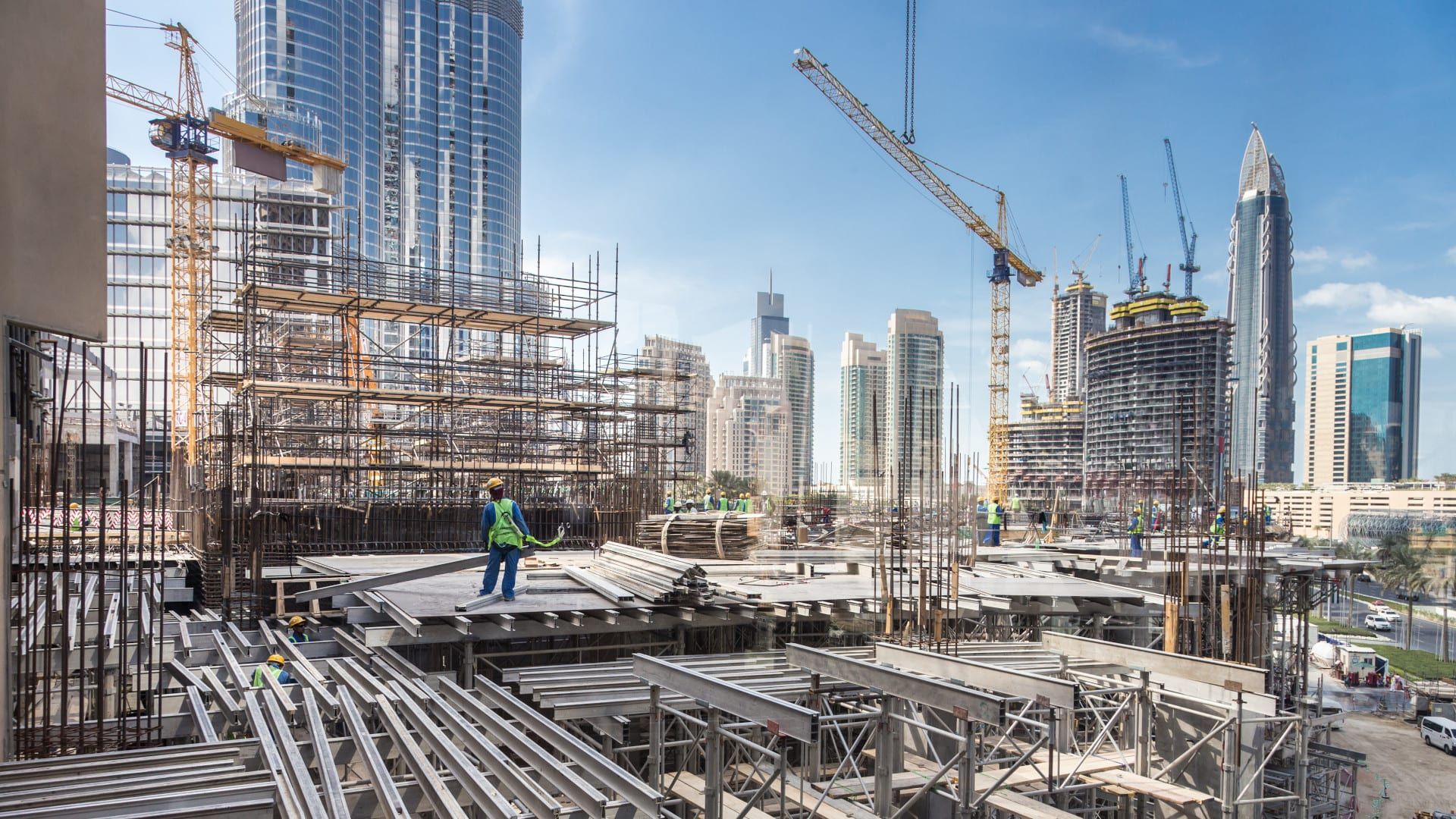Industrial construction is a vital process for businesses that are looking to expand their operations. Scaling up is a critical step in the growth of any enterprise, and it is important to ensure that the infrastructure is in place to support that growth. In this article, we will explore the various aspects of industrial construction that businesses need to consider when scaling up.
Industrial construction involves building large-scale facilities that are designed to meet the needs of industrial operations. These facilities can be used for manufacturing, storage, logistics, and other purposes. They require a range of specialized construction techniques and materials to ensure that they are built to last and can withstand the demands of heavy use.
One of the key considerations for businesses when undertaking industrial construction is the need for scalability. When building a facility, it is important to consider not just the current needs of the business, but also its future requirements. This means designing the facility with enough flexibility to allow for expansion and modification as the business grows.

Another important consideration when undertaking industrial construction is safety. Industrial facilities are often used to store hazardous materials or to conduct operations that can be dangerous if not properly managed. It is critical to ensure that the facility is designed with safety in mind, with appropriate safety features and equipment in place to minimize the risk of accidents or incidents.
When it comes to industrial construction, there are several key areas that businesses need to focus on to ensure that their facilities are designed to meet their specific needs. These include:
Contents
Site Selection and Preparation
Choosing the right site for an industrial facility is critical to its success. Factors to consider include access to transportation infrastructure, availability of utilities, zoning restrictions, and environmental factors. Once a site has been selected, it must be prepared for construction, which may involve clearing land, grading the site, and installing necessary utilities.
Design and Engineering
The design and engineering of an industrial facility is a complex process that involves a range of stakeholders, including architects, engineers, and contractors. It is critical to ensure that the facility is designed to meet the needs of the business while also adhering to local building codes and regulations. This may involve designing the facility to optimize workflow and efficiency, as well as incorporating specialized equipment and systems.
Construction
The construction of an industrial facility is a significant undertaking that requires careful planning and execution. It is critical to ensure that the construction is completed on time and within budget, while also meeting quality standards and safety requirements. This may involve coordinating the efforts of multiple contractors and subcontractors, as well as managing the flow of materials and equipment to the site.
Commissioning and Testing
Once construction is complete, the facility must be commissioned and tested to ensure that it is functioning as intended. This may involve testing equipment and systems, conducting safety inspections, and training staff on how to operate and maintain the facility.
Maintenance and Upgrades
Industrial facilities require ongoing maintenance and upgrades to ensure that they continue to meet the needs of the business. This may involve replacing equipment, upgrading systems, and making modifications to the facility to accommodate changes in the business.
Conclusion
Industrial construction is a critical process for businesses that are looking to scale up their operations. It involves a range of specialized techniques and considerations, including scalability, safety, site selection, design and engineering, construction, commissioning and testing, and maintenance and upgrades. By focusing on these areas, businesses can ensure that their facilities are designed to meet their specific needs and support their growth and success.



